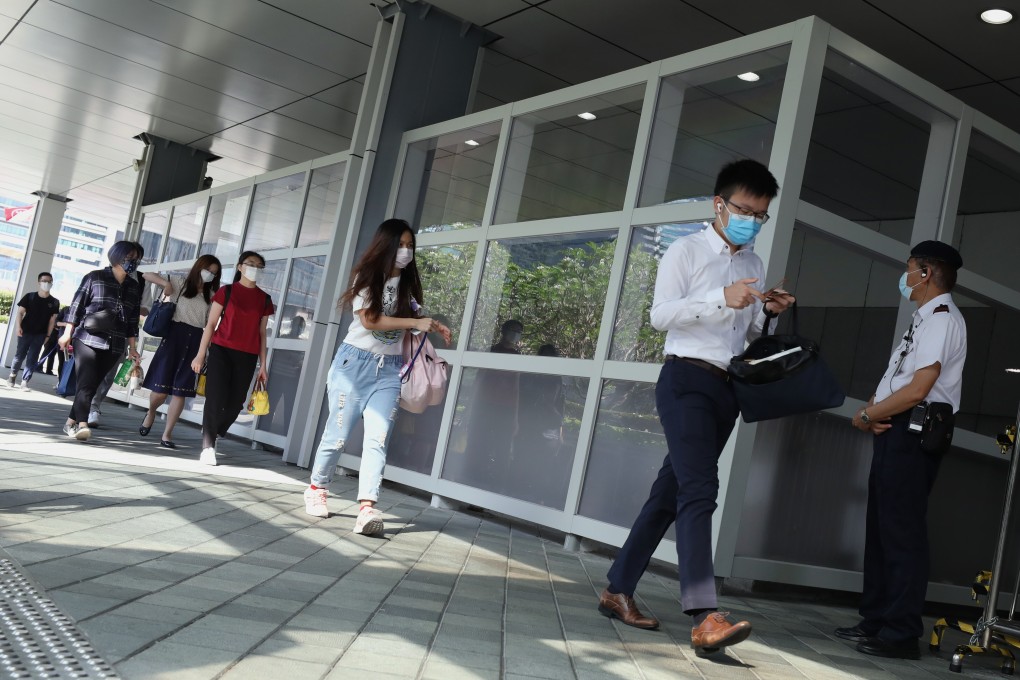Advertisement
Letters | Freedom of speech should not apply to Hong Kong independence
Reading Time:1 minute
Why you can trust SCMP
0

I am writing in response to Fung Siu Chung’s letter on the freedom of speech for Hongkongers (“Freedom of speech should apply to all”, October 14). Fung argues that civil servants should be allowed to discuss politics or criticise governmental policies in public. While his opinion sounds reasonable, I think restrictions should apply to Hongkongers exercising their freedom of speech, and discussion of Hong Kong independence should not be protected under Article 27 of the Basic Law.
Hong Kong residents are guaranteed to have freedom of speech under Article 27. That is true, but if the contents of their speech involve criminal offences or illegal activities, that speech should not be protected under Article 27. For instance, if someone claims to have a bomb in their suitcase at the airport and gets charged with a bomb hoax, they cannot defend themselves by claiming freedom of speech.
Likewise, if a civil servant spoke about Hong Kong independence in public and was charged with violating the national security law, I believe they could not defend themselves under Article 27. Article 1 declares Hong Kong is an inseparable part of China and it is not feasible to hold discussions about independence for Hong Kong.
Also, according to the national security law, any activity that separates Hong Kong from China is a criminal offence and is liable for prosecution. As such, discussions of Hong Kong independence should not be protected under Article 27 of the Basic Law.
Freedom of speech is a common value that we share in Hong Kong. It is a valuable asset that has helped Hong Kong to become one of the most competitive cities in the world. We should treasure it, and we should not use it as our right to commit potential crimes or conduct illegal activities in our city.
H.L. Yung, Tuen Mun
Advertisement
Advertisement